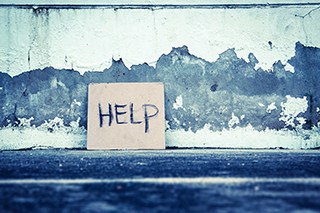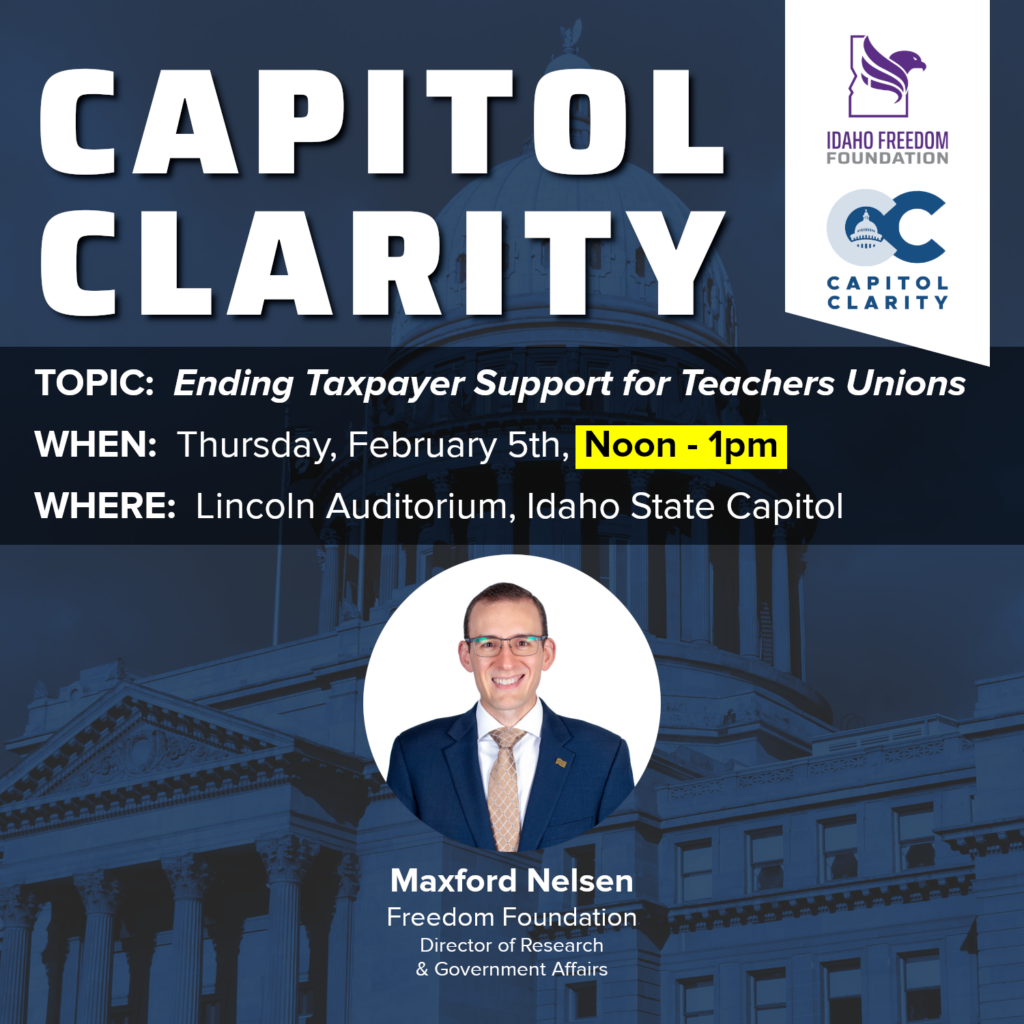


Over the last few weeks, I’ve been fascinated by the number of people who have written to me, on social media or in their local newspaper, complaining about my proposal to use private charities as an alternative to expansion of government welfare programs like Medicaid.
People are dying, they say, and have been for years because of the Legislature’s “failure” to act. Of these people I have asked one question: If immediate action is so needed and delay is tantamount to deaths, how much money have you given to support those people in the “Medicaid gap”?
Each person has answered the same: nothing. They’ve not taken up a collection. They’ve not helped pay for a poor person’s medical care or insurance coverage. They’ve not taken the time to take them food or help them pay for housing. They’ve not launched GoFundMe campaigns. They merely gripe about legislative inaction.
Meanwhile, nothing prevents them, as individual proponents of Medicaid expansion, to do something positive in their community for people they perceive to be in danger.
Healthcare for those in need is not a new issue. It’s been more than eight years since Obamacare passed. Yet, in all that time, Obamacare proponents have done nothing but complain. Complain that the Legislature hasn’t acted. Complain that Bernie Sanders isn’t president. Complain that I would like the community to come together to solve the problem. All the while, they've not lifted a finger and acted of their own accord. Those who have written me could have taken individual, personal action for years, and could still take action today if they chose to do so, but they’ve not—apart from signing petitions. They’d rather wait for government.
Some have argued, “Oh, but there’s no way to collect the kinds of money necessary to pay for medical coverage without government.” I don’t know about that. In the 2016 presidential campaign, their socialist icon, Sanders, raised more than $226 million, the bulk from people giving less than $200. Hillary Clinton, their other avatar of social justice, raised around $800 million. Liberals are clearly able to give to a cause they support.
I’ve also been entertained by critics who suggest they’re more generous because their solution entails creating a government program, which, they say, is far better than charities. Charities, they say, are wholly unreliable, suffer from a lack of funding and therefore would leave the most vulnerable in the lurch when they’re most in need. I guess these detractors haven’t met anyone “served” by government. Like the time Idaho’s government said it didn’t have the money to replace a woman’s dentures and instructed her to “gum her food.”
Perhaps the critics have never complained about public school funding. Or they’ve never been stuck in traffic and complained about the lack of government spending for infrastructure. Or they’ve never encountered a veteran who has had to wait months to get medical care. Somehow, however, Medicaid expansion promises to come with a magical incantation needed to sustain funding in the face of competing priorities. If we truly care about people in the so-called Medicaid gap, why would we willingly put people into a program we know will ultimately fail to meet their needs?
I have no doubt that the people who support Medicaid expansion genuinely care about their neighbors. But, on a personal, individual level many seem to have done little to nothing for quite some time. They could have. But they have not.
Perhaps we can’t blame people who have been conditioned to believe that government solves problems and that it is government’s job to help people. It isn’t. It is our personal responsibility, and it always will be.



